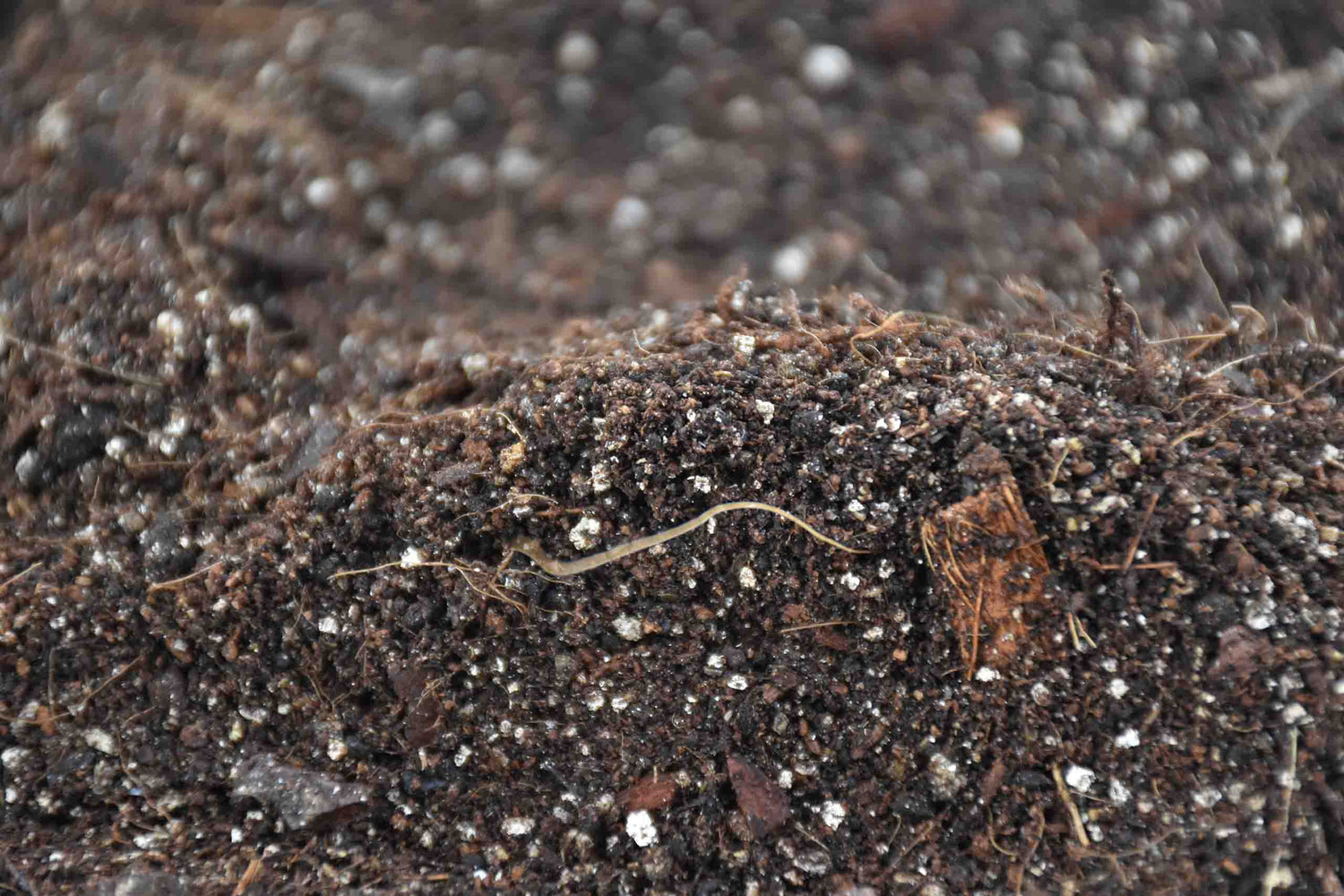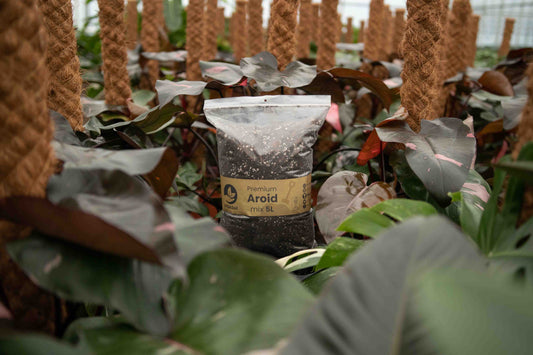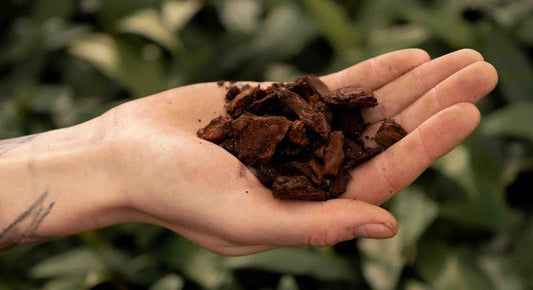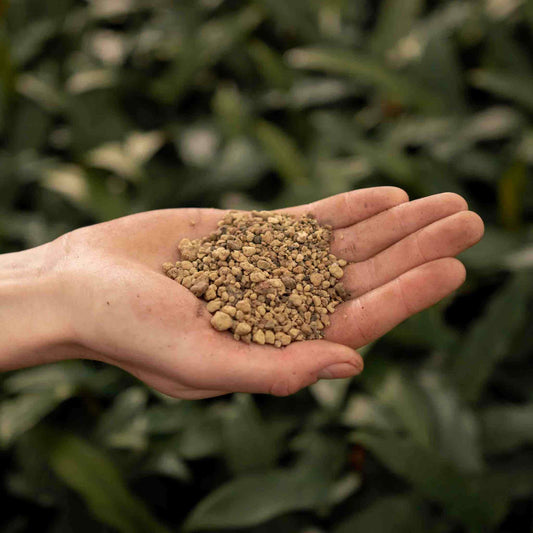Worm Castings (or vermicompost) are one of nature’s most powerful plant boosters—but they’re also surrounded by confusion. Are they just compost? How much should you add? Can they replace fertilizer? Many plant lovers know they’re good but aren’t sure how to use them effectively for houseplants.
At Sybotanica, we love worm castings for their gentle nutrients and ability to create healthier, more resilient plants. They work for almost every houseplant if used correctly, but there’s a lot of misinformation out there.
That’s why we created this FAQ — to answer everything you might wonder about worm castings.





